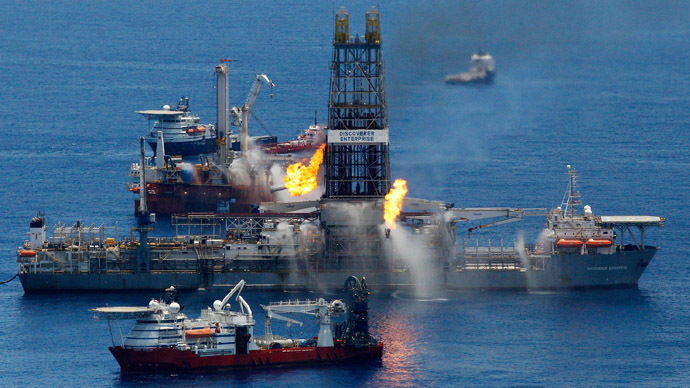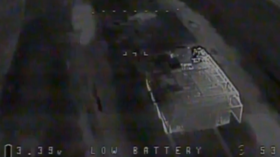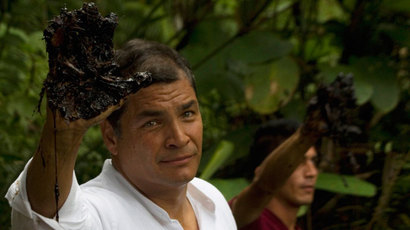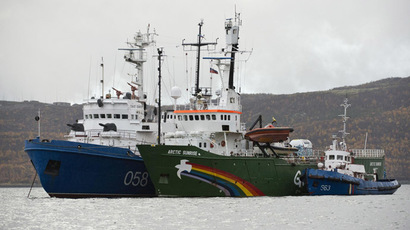BP stops oil spill payouts after court dispute win

BP will stop paying some damage claims under the 2010 Gulf of Mexico oil spill settlement, after an appeals court agreed that the oil giant may be covering ‘fictitious’ payments to businesses.
On Wednesday, a split 2-1 jury of the 5th US Circuit Court of Appeals in New Orleans said the administrator of the payoff program was approving millions of dollars of payment based on what BP called a flawed interpretation of the settlement deal reached last year.
It ordered US District Judge Carl Barbier, who in March had approved administrator Patrick Juneau's damage evaluation methods, to reconsider his decision and make sure that the claims covered are legitimate. The judge was also told to bar payment of certain claims until the review is over.
The appeals judges however upheld another Barvier ruling, which in April dismissed BP’s lawsuit against Juneau.
“This decision throws a huge monkey wrench into the settlement and it could well save BP hundreds of millions in settlement payments,” Carl Tobias, a law professor at the University of Richmond specializing in the federal judiciary, told Bloomberg. “It’s going to create a real mess.”
The 2012 settlement, which BP reached with most private plaintiffs, resolved economic-loss claims from many businesses and property owners affected by the spill. Under the accord claims payments are primarily based on plaintiffs’ own accounting during the periods before and after the disaster. Businesses didn’t have to prove direct impact or a link to it, with the assumption being that they suffered because the spill affected entire region’s economy.
BP said Juneau’s interpretation of the terms led to his paying “baseless awards” that weren’t contemplated in the agreement. The appeals court agreed with the arguments.
"There is no need to secure peace with those with whom one is not at war," Judge Edith Clement wrote in the decision.
"The district court had no authority to approve the settlement of a class that included members that had not sustained losses at all, or had sustained losses unrelated to the oil spill, as BP alleges," she added. "If the administrator is interpreting the settlement to include such claimants, the settlement is unlawful."
Judge James Dennis wrote a partial dissent, largely disagreeing with Clement and Judge Leslie Southwick, the second jury member siding with BP.
"Because BP has not satisfied its heavy burden of showing that a change in circumstances or law warranted the modifications it sought, the district court correctly affirmed the administrator's decision rejecting BP's argument and actions to modify the agreement," Dennis wrote.
The settlement does not have a cap, but BP initially valued its cost at $7.8 billion. The company later increased its estimate to $9.6 billion, citing the interpretation by the claims administrator. As of Wednesday, about $3.69 billion has been paid out, according to Juneau's claims website.
Meanwhile, a second phase of a trial before Barbier began on Monday to determine the size of the spill and BP’s efforts to contain it.
The explosion at the Deepwater Horizon drilling rig in April 2010 and rupture of BP’s Macondo oil well killed 11 people and caused the worst-ever US offshore oil spill. BP has already spent more than $42 billion to cover clean-up costs, fines and compensations related to the spill.














